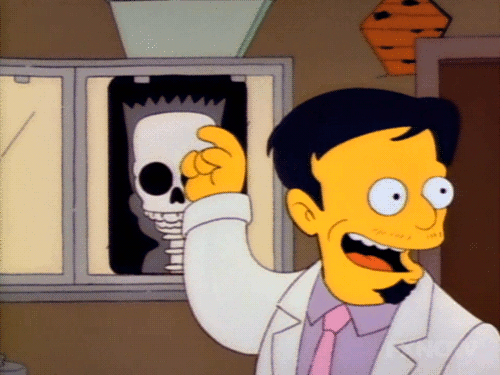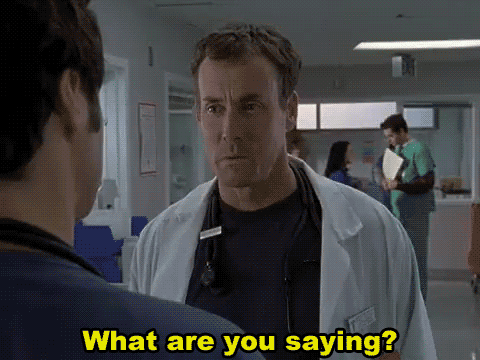5 Things Healthcare Professionals Should Never Post on Social Media
February 17th, 2016 by
Over the past decade, social media has become a major part of nearly all aspects of life, including the business world. With the ever-growing importance of social media marketing, more and more businesses—including doctors, dentists, and others in the medical field—are using social media sites such as Facebook, Twitter, LinkedIn, etc. to connect with current and potential future customers.
Thanks to the expansive, direct, and often personal nature of social media, with all those benefits also come numerous pitfalls that must be avoided to ensure that you get the most out of social media. Here are five things to never post on social media if you are a doctor or work in the medical field.
1. Inaccurate Medical Information
We have all seen it on social media before. Somebody shares an article claiming a miracle cure or the shocking results of some unbelievable new study. Unfortunately, very few of these attention-grabbing headlines are actually backed up by truthful scientific research in the article itself.
As a trusted medical professional, it is your responsibility to avoid sharing or liking these bogus news stories about medical treatments unless you have thoroughly read the story and have verified its accuracy. Sharing something like this can reflect very poorly upon you and your practice. Be wary of satirical articles as well, because some people may not be able to distinguish the difference at first glance.
2. Misleading Information or Images
An offshoot of the previous category, misleading information or images can be just as detrimental as false info. This can include anything that could be considered deceptive or ambiguous to patients. Photoshopped images, exaggerated guarantees, and more can fall into this category.
A perfect example of this can be seen with the American Society of Plastic Surgeons’ rules and regulations specifying that any images that are not real patients must be identified with “Model” on the image itself.

3. Anything Violating Patient Confidentiality
Similarly, The American College of Physicians cautions doctors to be particularly aware and respectful of patient confidentiality when using social media. This is a slippery slope in today’s over-sharing society—even a faceless image of a skin rash can be a breach of patient confidentiality.
Remember to always obtain written permission from the patient if you want to use an image of them or any body part. It is best to avoid talking about specific patients at all on social media unless you have clear permission to do so. And be careful when taking pictures around your office to post so that no patients or medical records can be seen in the background.
4. Opinions on Controversial Issues
Today, many people use social media to express their opinions and speak their mind without realizing that there are consequences for what you say in the digital world, just like in the real world.
It is best to avoid any controversial topic or “hot button” issue at all cost. This includes divisive subjects including anything to do with religion, politics, racism, and abortion.

5. Complaints or Rants
It is equally as important not to use social media as a platform to blow off steam. Using social media to complain about your day or a patient or to rant about a particular situation will always come across as unprofessional. Everything you write on social media has the potential to come back and haunt you.
In the end, it is best to remember that when using social media as a physician, only post information that your patients and community will find useful. Be professional and remember that social media posts still have real world outcomes that can negatively affect you and your practice.
Image Credits:

